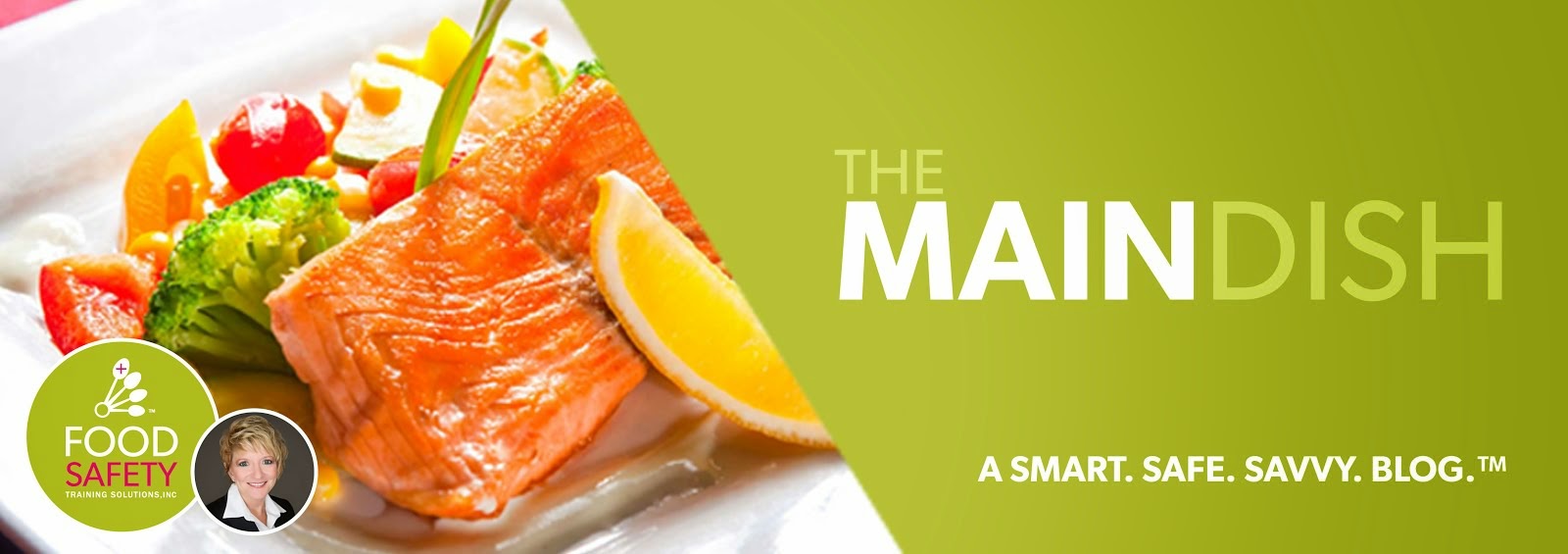EBOLA. The one word that evokes fear and extreme concern in
every person I know. I myself have been on no
less than ten airplanes over the past several weeks; traveling in and out
of this nation’s busiest international airports, utilizing their restrooms and
eating their food. To say that I don’t have the same concerns everyone
else has would be a total fabrication. As I’m sitting on a chair waiting for my
flight and someone sneezes, I think about it. As I’m on the shuttle and I’m on
my way to my car in the express lot and another person coughs, I think about
it. I’m human. Besides that, we’re inundated with media coverage that’s been
flashing all over the screens in the terminal I was just passing through! I
couldn’t forget about it if I wanted to…EBOLA!
If this is the mindset of the travelers how do the employees
feel? And, it’s not just at the airport. We stop at hotels, restaurants, rest
stops, what’s one to do?
According to WHO, the World Health Organization, this
infection is transmitted by direct contact with body fluids and tissues of
infected animals or people. During an outbreak, those at higher risk of
infection are health care workers, family members, and others in close contact
with sick people and deceased patients.
If food products are properly prepared and cooked the Ebola
virus is deactivated through cooking and cannot infect humans. Basic hygiene
measures, including regular hand washing and changing clothes and boots before
and after touching infected animals or contact with raw meat and byproducts,
can prevent infection in people. Sick and diseased animals should never be
consumed, cautions WHO.
Public restrooms are not typically fun to clean anyway (I’ve
cleaned my share). However, extra caution should be taken when cleaning them
during this troubling time:
• Wash hands in hot, soapy water before using or
cleaning the restroom. Understand that anything you touched prior to entering
the restroom may have already been contaminated.
• Avoid placing items on the restroom counter or
floor. Germs and bacteria will be transferred from the surface to your hands
when you pick up the items.
• When using the restroom stall, always use toilet
paper to touch door handle before and after use; as well as to flush toilet.
• Use paper towel to turn on and off manual water
faucets.
• Use a toilet seat cover.
• If cleaning an extremely soiled restroom, take
additional precautions (gloves should always be worn) i.e. goggles avoid skin
contact with soiled items or surfaces.
• Wash hands after cleaning restrooms.
Spread of this virus can be controlled through the use of
recommended protective measures in medical facilities, public gatherings, and
burial ceremonies or at home. Take precautions and TRAIN YOUR STAFF!




